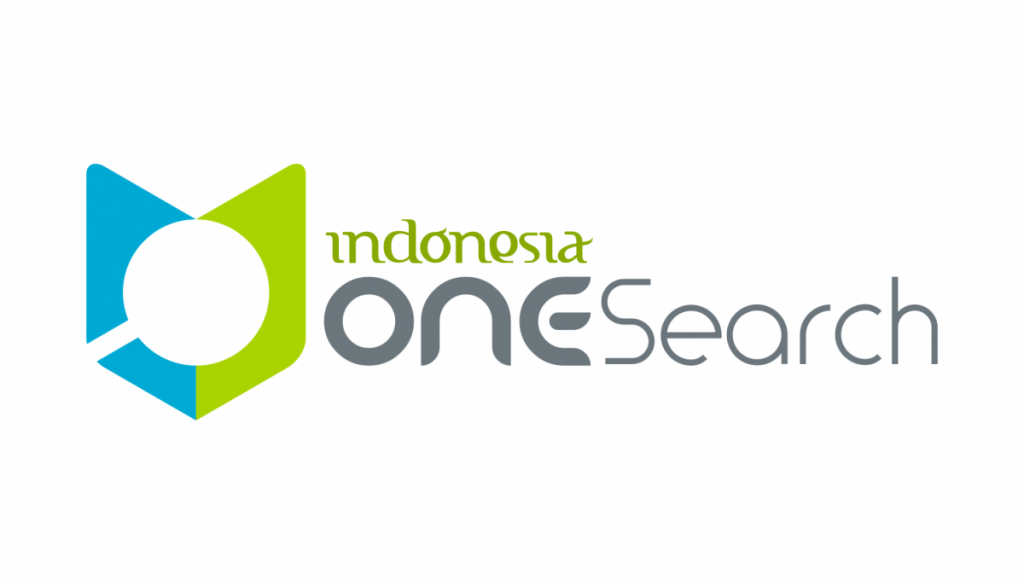PKM E-Commerce Kampung Keluarga Berencana Desa Mertasinga Kabupaten Cirebon
 Abstract views: 4576
,
Abstract views: 4576
,
 PDF downloads: 418
PDF downloads: 418
Abstract
The partner of the program is the family planning village group, which consist of mostly housewives in Mertasinga village, Gunung jati sub-district, Cirebon district. This partner group has run a business of fish processing including shredded fish, fish meatball and fish nuggets. Problems experienced by partner groups are the absence of official labels from the National Drug and Food Control Agency (BPOM) and halal certification labels in processed fish products as well as a barcode in the group’s products, shredded fish making equipment has been damaged and requires repair and addition, there is not yet any innovation in making products, so that product diversity is limited, low ability of Human Resources (HR) related to management and marketing, low willingness and understanding in the use of information technology as a suggestion to market their products. The solutions that have been implemented in this program are mentoring for the management of certification labels from the National Drug and Food Control Agency (BPOM) and halal certification labels, improvement of shredded fish making equipment, training for innovation in processed fish products, increasing the ability of Human Resources (HR) in the field of management, training in the composition, use, and utilization of information technology as a marketing tool. The target of the program is to increase the target group's ability: Knowledge increases by 90%, Management by 75%, marketing through internet increases by 80% and sales turnover will increase by 60%.
References
Arita, E. (2019). E-COMMERCE KUE BOLU “ JIHAN ” KOTA PAYAKUMBUH. 2, 1383–1391.
Chirtsa, Elya, Tri Hardiyanti, Muhammad Naufal Hidayat, Fadiarni Widyaning Putri, F. A. (2013). Upaya Peningkatan Penghasilan Melalui Pelatihan Bisnis Online Terhadap Masyarakat Di Kelurahan Gayamsari Kota Semarang. PKM Pengabdian Kepada Masyarakat.
Denilia Atsiska Y, Aflit Nuryulia P, Anida Latifah, Nuri Amriyatul K, Teguh Sutanto, M. G. M. (2019). Peran Mahasiswa Dalam Adopsi E-Commerce (Studi Kasus Pengusaha Olahan Jenang Kedunggudel Sukoharjo). Seminar Nasional Dan The 5th Call for Syariah Paper Universitas.
Ginting, E. (2013). Aplikasi Penjualan Berbasis Web (E-Commerce) Menggunakan Joomla Pada Mutiara Fashion. Program Studi Sistem Informasi Fakultas Teknik Universitas Widyatama.
Heri Irawan, R. A. (2017). Penerapan E-Commerce Berbasis Website Untuk Meningkatkan Pangsa Pasar Penjualan Kripik UD Aduhai Gampong Karangnyar Kecamatan Langsa Baro Kota Langsa. Seminar Nasional Teknik Industri [SNTI2017], 13–14.
Muhammat Rasid Ridho, Pastima Simanjuntak, D. N. (2019). Packaging Design Dan Manajemen Pemasaran Untuk Usaha Kuliner Kota Batam. Wikrama Parahita: Jurnal Pengabdian Masyarakat JPM Wikrama Parahita P-ISSN 2599-0020, E-ISSN 2599-0012 Abstraksi, 3(1), 21–26.
Rahmidani, R., & Susanti, D. (2019). PKM Pengembangan Pasar Sulam Bordir Sumatera Barat Berbasis Web E-Commerce dalam Bingkai kearifan Lokal Minangkabau. 19(3), 144–154.
Ratna Marta Dhewi, Stefani Nawati Ekoresti, E. S. (2019). E-Commerce Implementations For Recycled Products By. Diseminasi: Jurnal Pengabdian Kepada Masyarakat, 1(1), 34–39.
Wahana, A. (2018). Rancang Bangun Marketplace Produk Kewirausahaan Mahasiswa Upy Berbasis Content Management System Aditya. Jurnal Dinamika Informatika, 7(1), 73–81.
Copyright (c) 2020 Madani : Indonesian Journal of Civil Society

This work is licensed under a Creative Commons Attribution 4.0 International License.
Copyright Notice
Authors who publish with this journal agree to the following terms:
- Authors retain copyright and grant the journal right of first publication with the work simultaneously licensed under a Creative Commons Attribution License that allows others to share the work with an acknowledgement of the work's authorship and initial publication in this journal.
- Authors are able to enter into separate, additional contractual arrangements for the non-exclusive distribution of the journal's published version of the work (e.g., post it to an institutional repository or publish it in a book), with an acknowledgement of its initial publication in this journal.
- Authors are permitted and encouraged to post their work online (e.g., in institutional repositories or on their website) prior to and during the submission process, as it can lead to productive exchanges, as well as earlier and greater citation of published work (See The Effect of Open Access).
















